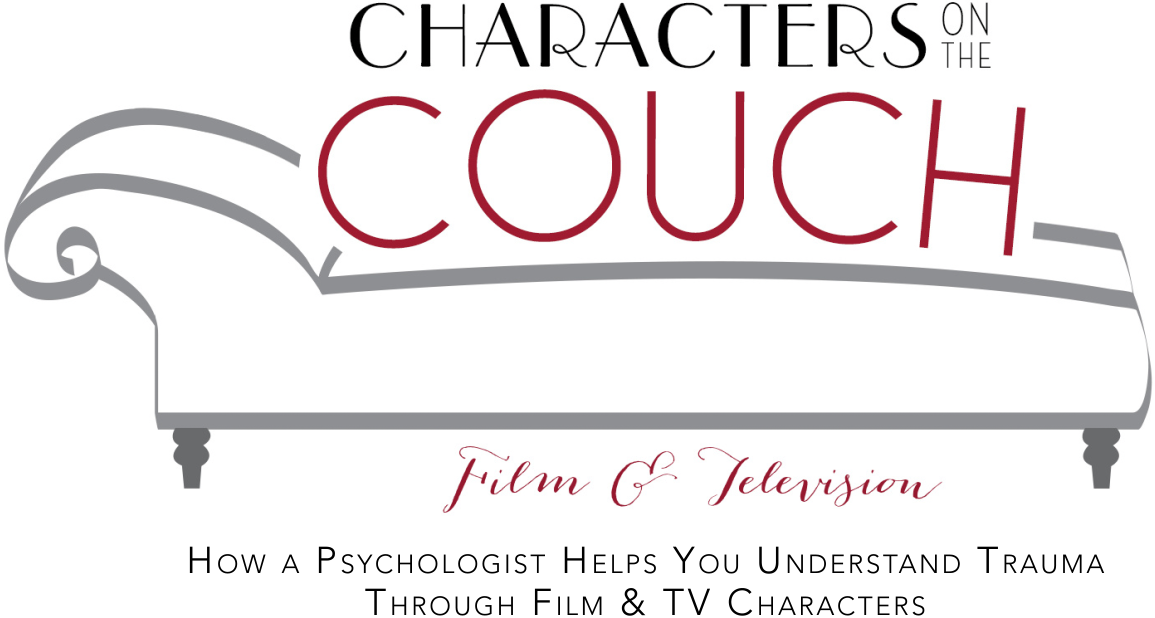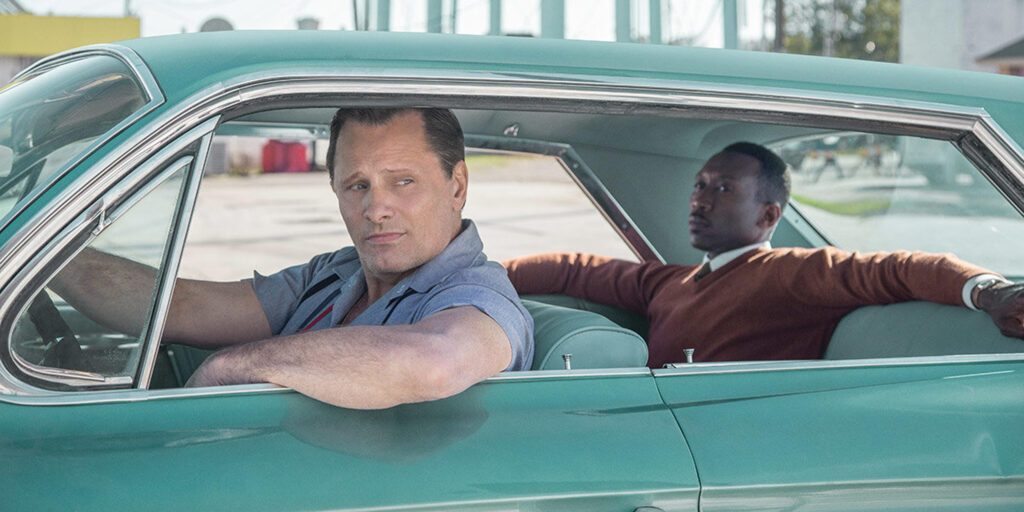
How a Psychologist Helps You Understand Trauma Through Film & tV Characters

Welcome to Characters On The Couch, my Film & Television site, where I delve into character psychology. If you’re interested in psychology, film, or a combination of the two, I bring my insights into your favorite contemporary and classic characters. I hope to help you understand their deeper psychological motivations (and, maybe, even your own).
When you think about truly iconic films, do you wonder what gives them such staying power? Is it the time of your life when you watched them? Is it the costumes or images that seemed unforgettable? Did one or more characters align with your struggles or painful experiences? Did you feel along with them? Or maybe, it’s simply that the film pulled at your heart and caused you to explore emotions in a new and profound way?
I say it’s all of the above. And, in the same way, when these meaningful elements are missing, a story becomes forgettable. I hope this site will encourage you to transform your story, personal or in writing, into magic by finding the human thread that links it and you to a universal experience.
Everything in life ties us back to complex emotions and the rhythm and language of feelings and psychology. I'll offer you that language of feeling in my blog as I write about the human struggles in each film.
GREEN BOOK
What Do 2 Unlikely Companions Learn About Friendship & Love?
Peter Farrelly’s Green Book poses a challenging question: what do 2 unlikely road companions possibly have to teach each other? A lot … even about friendship and love. But, with all their obvious differences, it’s an emotionally rocky road trip to get there. One of the 2 is Dr. Donald Shirley, a classically trained sought-after…
THE FAVOURITE
How Envy Plays Its Part
In Sexual Favors To A Queen?
The historical jury is out as to whether Queen Anne of England (1702 -1714) and her two ladies were actual lovers. Yet, sex makes for a good story; and sex wields power – in both what it has to offer and withhold. Envy, though, is the real name of the sexual game at the center…
LEAVE NO TRACE
What Happens When Trust
Is Shattered?
Debra Granik’s Leave No Trace is a story about trauma and distrust. That might not be the most obvious thing in this compelling film about a Vietnam Vet and his 13-year-old daughter who live in hiding in a park forest outside Portland, Oregon. But for me, as a psychoanalyst, it is the film’s heart. Will…


